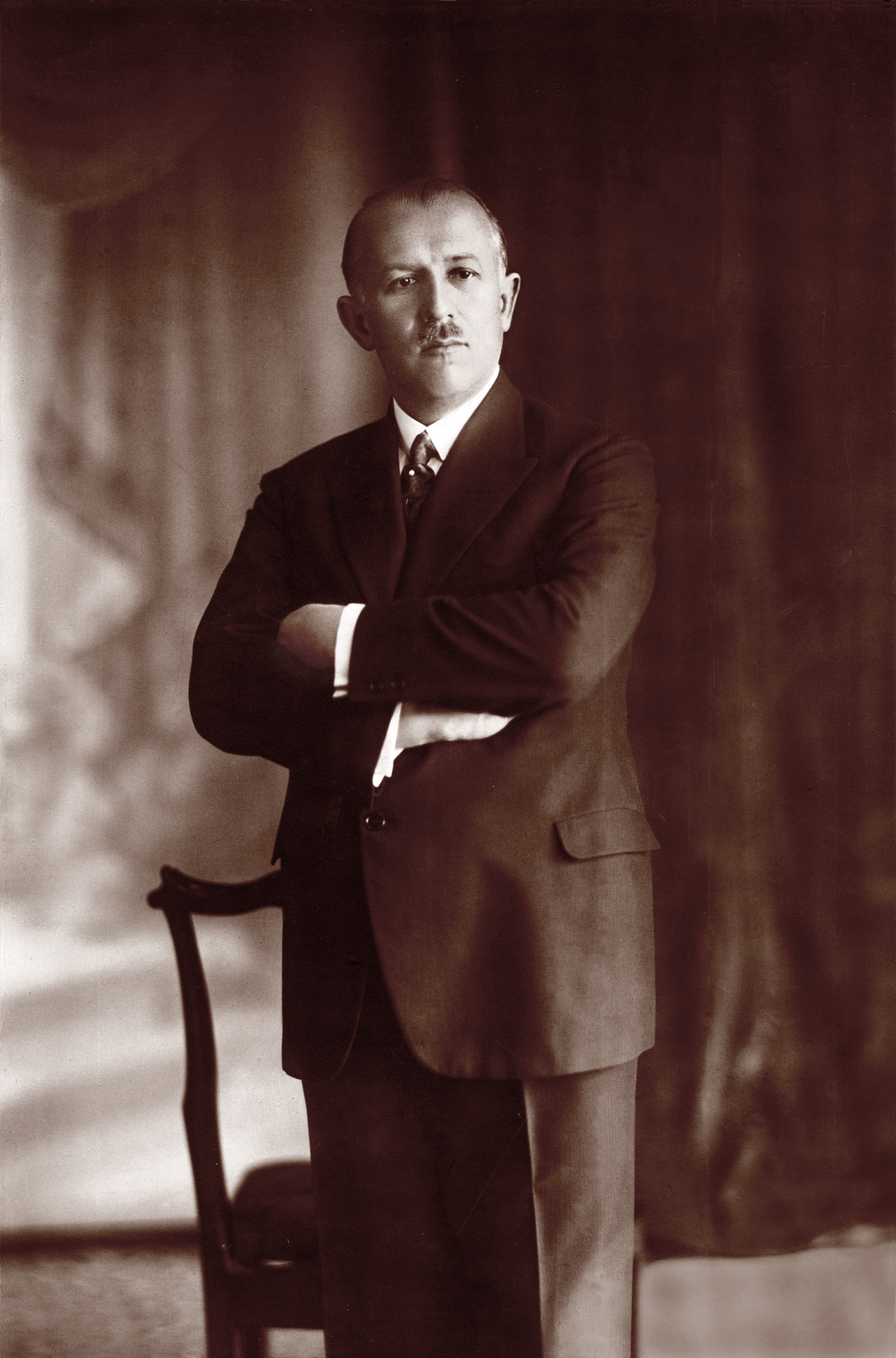Kazimierz Bartel
 Kazimierz Władysław Bartel (; ; 3 March 1882 – 26 July 1941) was a Polish mathematician, freemason, scholar, diplomat and politician who served as 15th, 17th and 19th Prime Minister of Poland three times between 1926 and 1930 and a Senator of Poland from 1937 until the outbreak of World War II.
Kazimierz Władysław Bartel (; ; 3 March 1882 – 26 July 1941) was a Polish mathematician, freemason, scholar, diplomat and politician who served as 15th, 17th and 19th Prime Minister of Poland three times between 1926 and 1930 and a Senator of Poland from 1937 until the outbreak of World War II.Bartel was appointed Minister of Railways between 1919 and 1920, in 1922–1930 he was a member of Poland's Sejm. After Józef Piłsudski's May Coup d'état in 1926, he became prime minister and held this post during three broken tenures: 1926, 1928–29, 1929–1930. Bartel was the Deputy Prime Minister between 1926–1928 and Minister of Religious Beliefs and Public Enlightenment, when Piłsudski himself assumed the premiership, however, Bartel was in fact "de facto" prime minister during this period as Piłsudski did not concern himself with the day-to-day functions of the cabinet and the government.
In 1930 upon giving up politics, he returned to the university as professor of mathematics. In 1930 he became rector of the Lwów Polytechnic and was soon awarded an honorary doctorate and membership in the Polish Mathematical Association. In 1937 he was appointed a Senator of Poland and held this post until World War II.
After the Soviet invasion and occupation of eastern Poland, he was allowed to continue lecturing at the Technical Institute. In 1940 he was summoned to Moscow and offered a seat in the Soviet parliament.
On 30 June 1941, in the course of Operation Barbarossa, the German Wehrmacht entered Lwów and began persecuting the local intelligentsia. Bartel was imprisoned two days later by the Gestapo and offered the top post in a Polish puppet government. His ultimate refusal of the German terms was taken as an act of treason by the Germans. By order of Heinrich Himmler, Bartel was murdered on 26 July 1941, shortly after the Massacre of Lwów professors had ended. Provided by Wikipedia
-
1
-
2